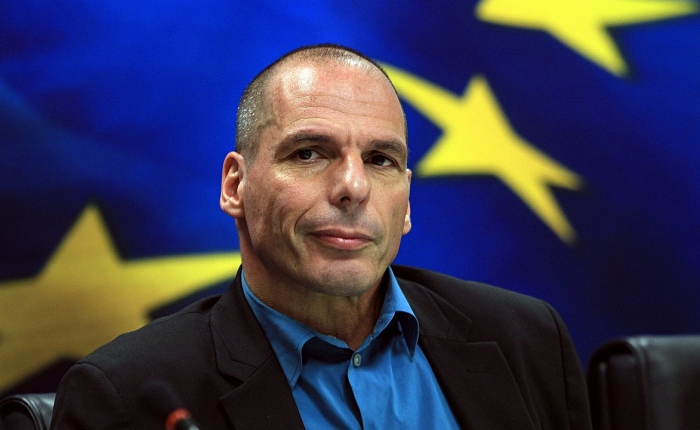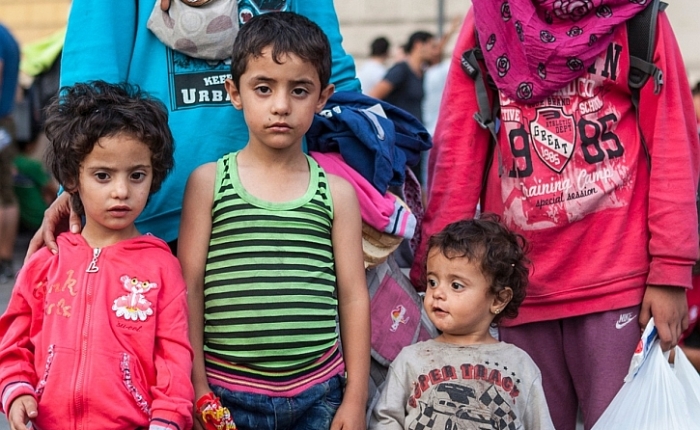‘This is a historic moment from which there will be no turning back,’ crowed Theresa May in her completely mad speech to the Commons this lunchtime. Yet in her speech and in the Article 50 letter to Donald Tusk, she reminded us of the value of what we are losing. ‘Europe’s security is more fragile today than at any time since the end of the cold war’, she intoned; yet the whole point of European integration has been to help maintain the peace in postwar Europe.
And after informing Tusk and the assembled MPs that the UK would not seek to remain in the world’s largest single market, she went on: ‘At a time when the growth of global trade is slowing, and there are signs that protectionist instincts are on the rise in many parts of the world, Europe has a responsibility to stand up for free trade in the interest of all our citizens,’ before asserting, ‘Perhaps now more than ever the world needs the liberal, democratic values of Europe – values that the UK shares.’
Is she completely bonkers? Or she displaying the symptoms of something more serious which some medical experts have suggested may sometimes be brought on by excessive use of cannabis? Doctors often describe schizophrenia as a type of psychosis in which a person may not always be able to distinguish their own thoughts and ideas from reality, and whose symptoms include hallucinations,
delusions, and muddled thoughts. Continue reading “Triggering Article 50: a historic moment of delusional madness and national self-harm”











